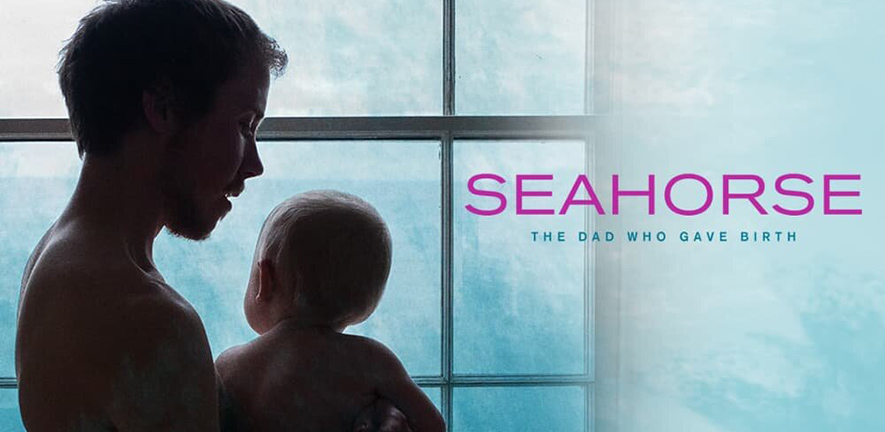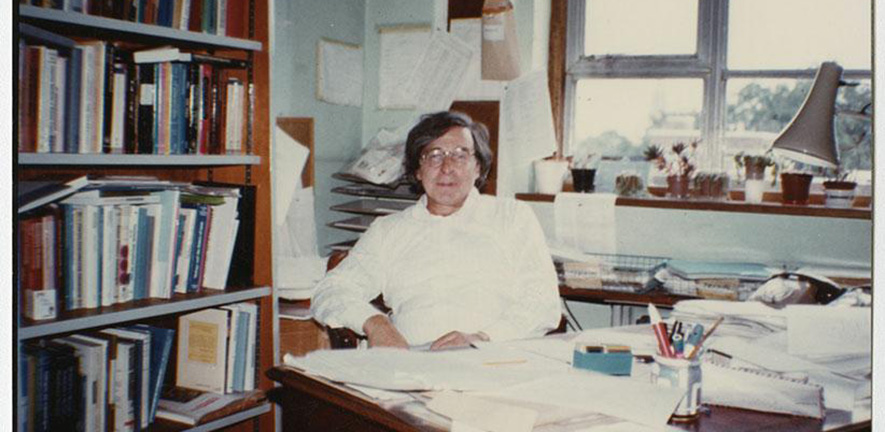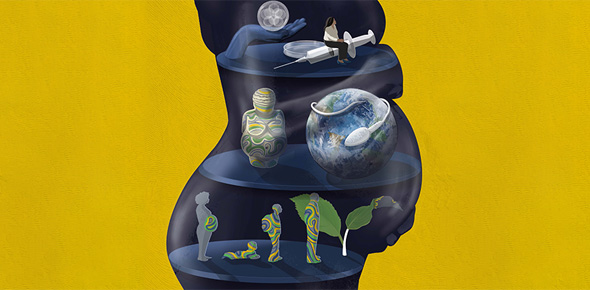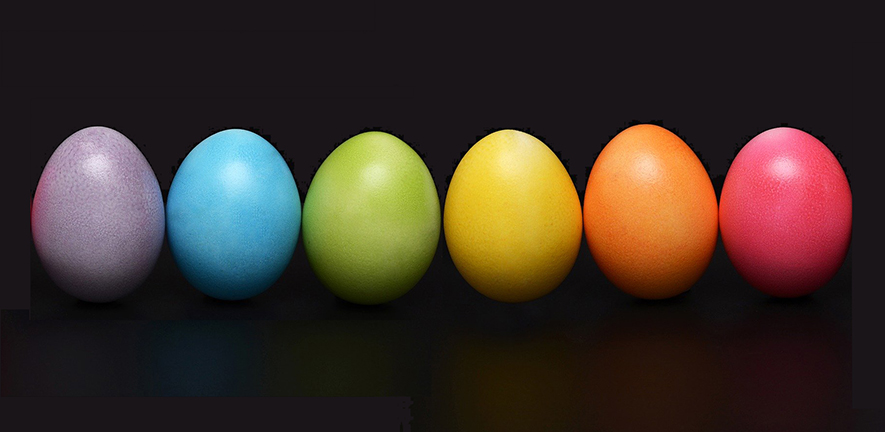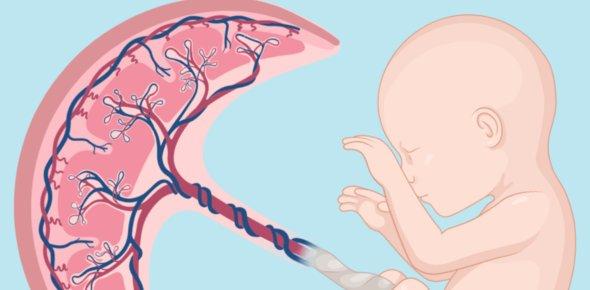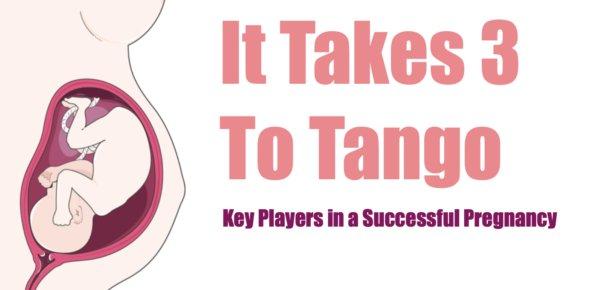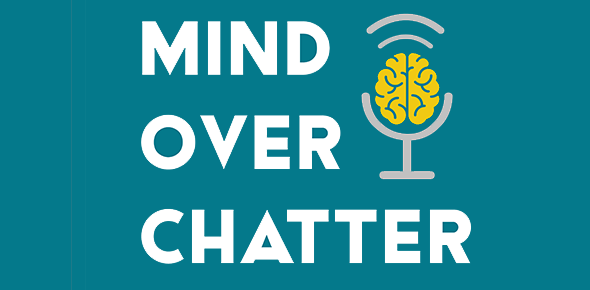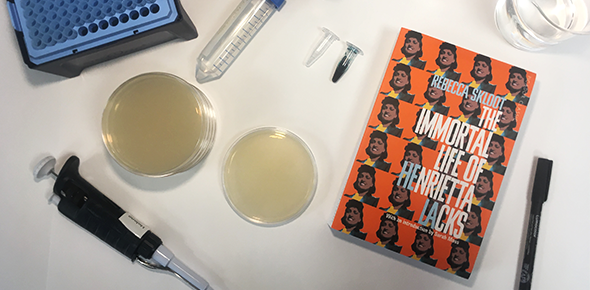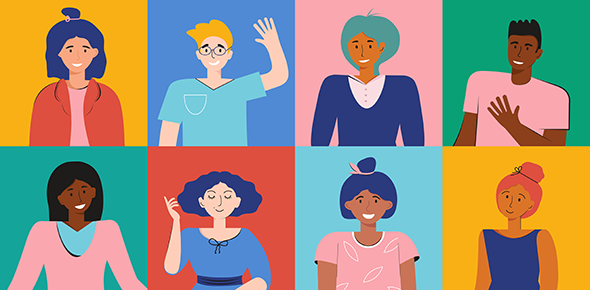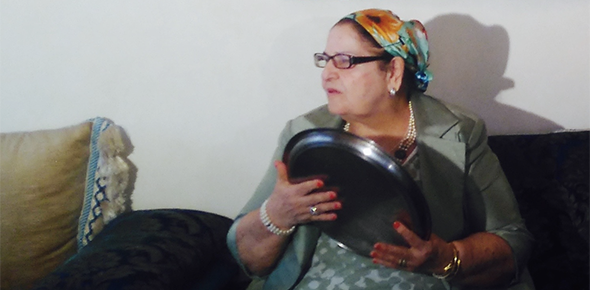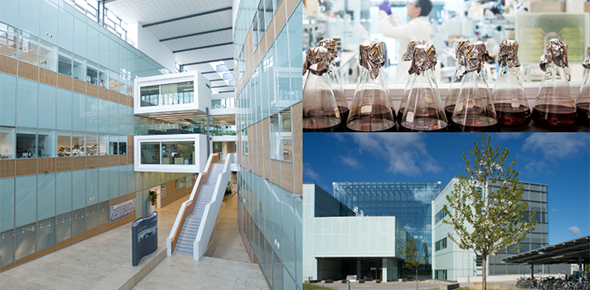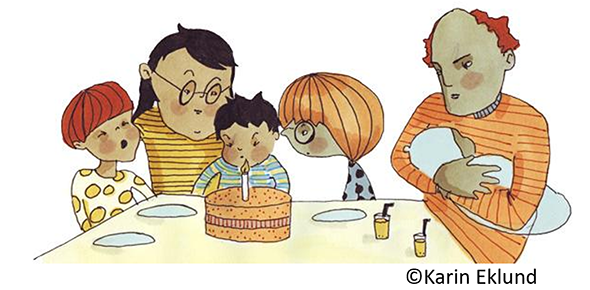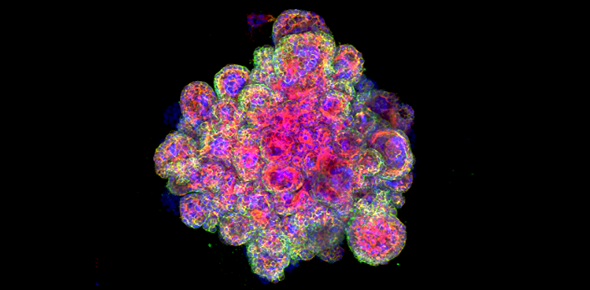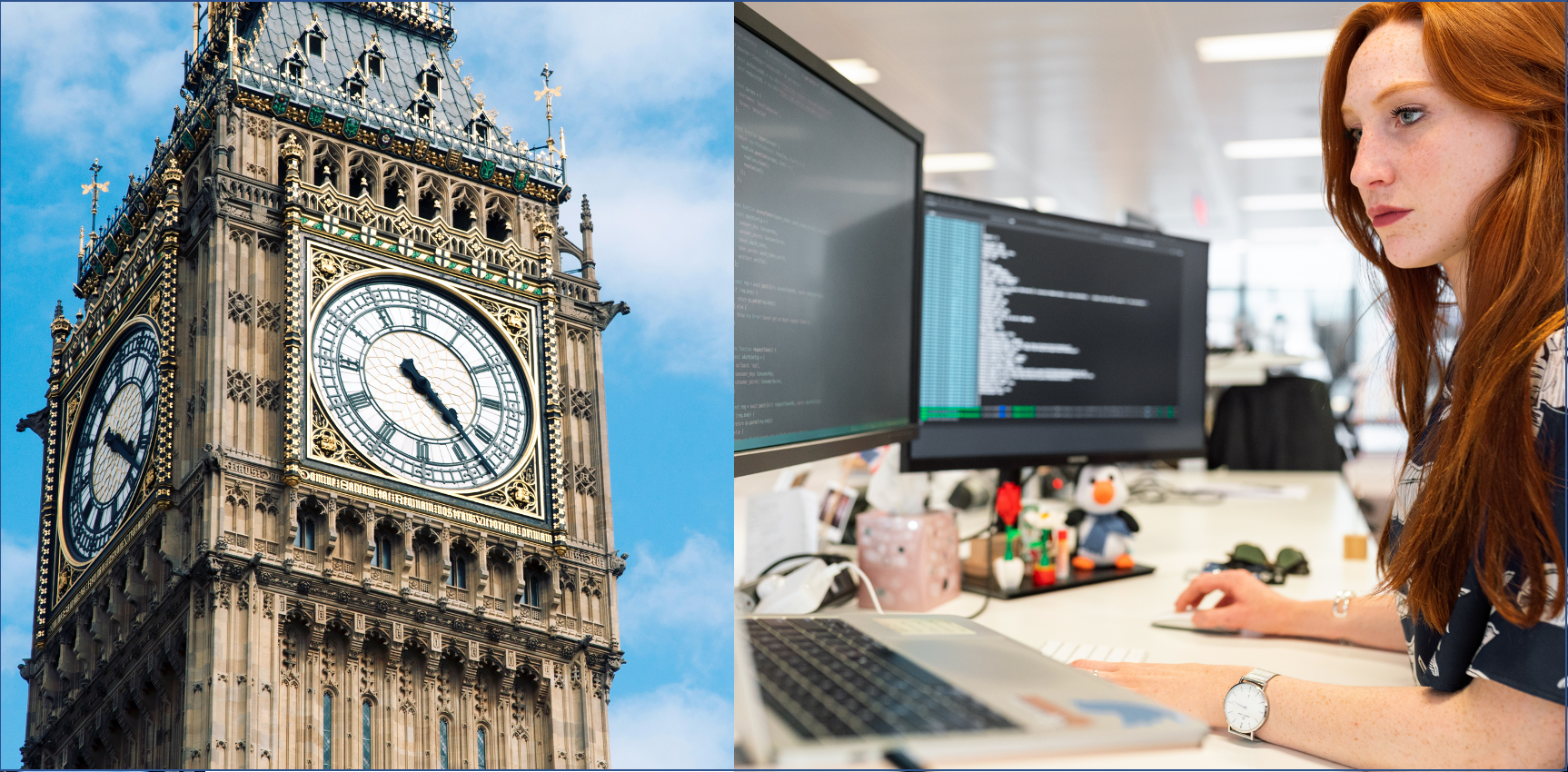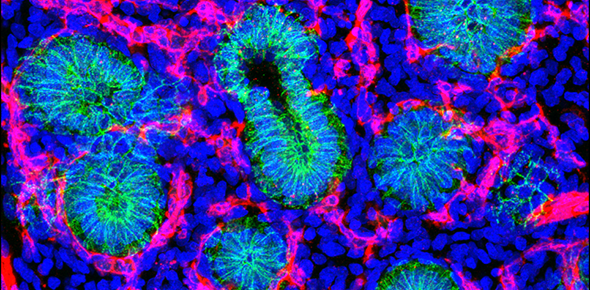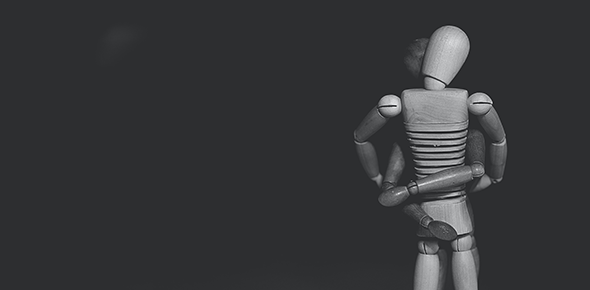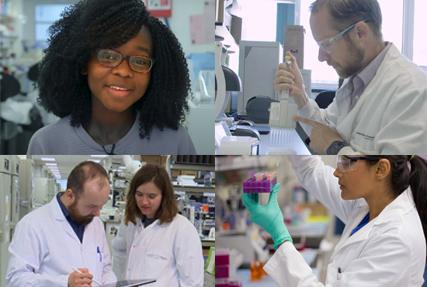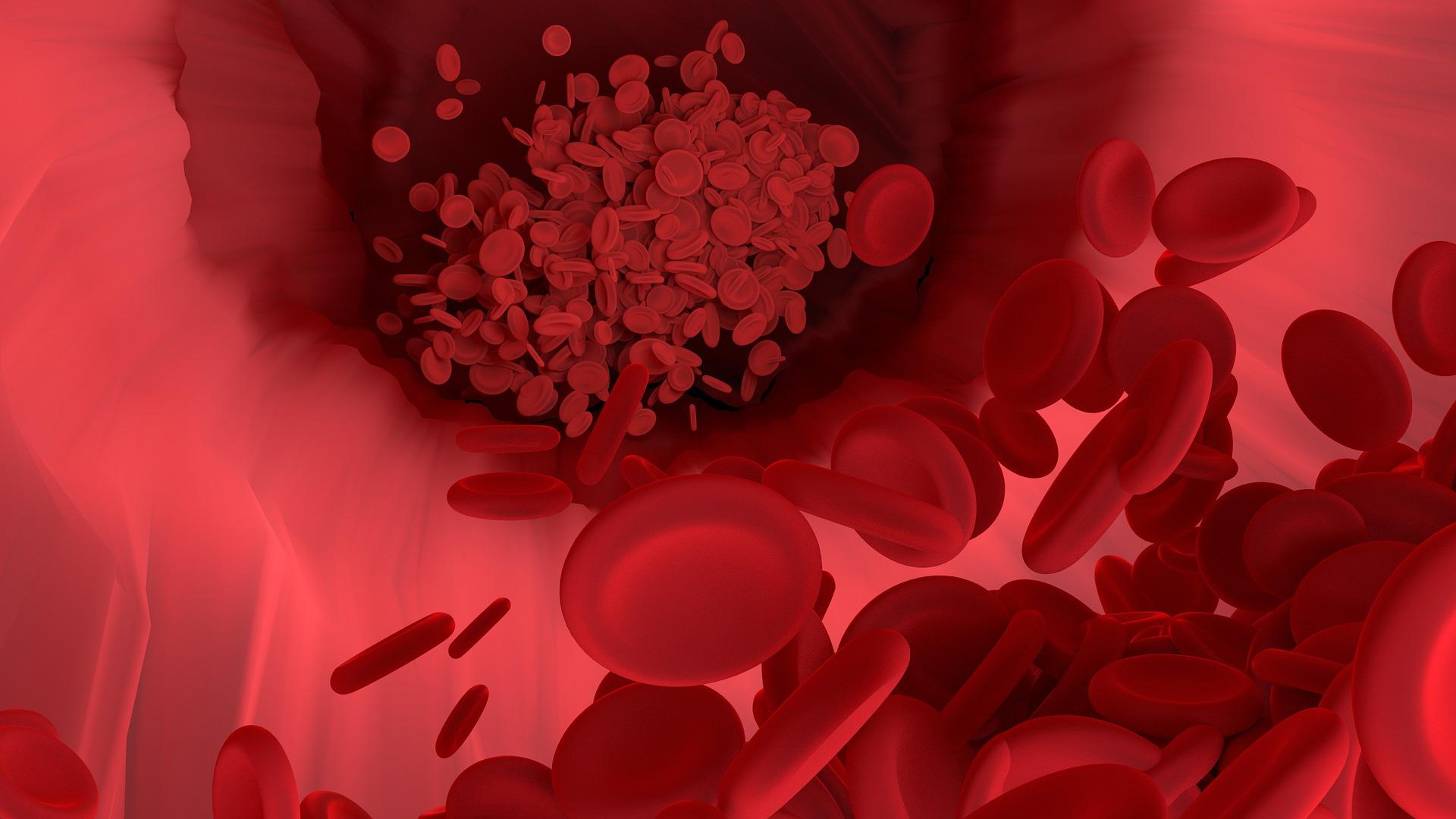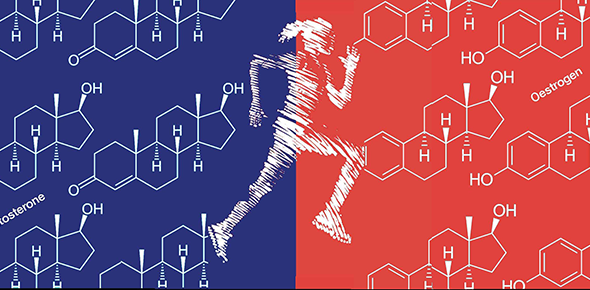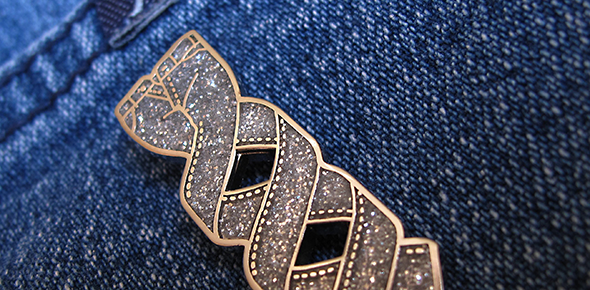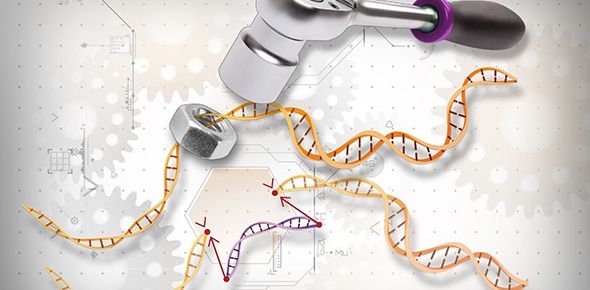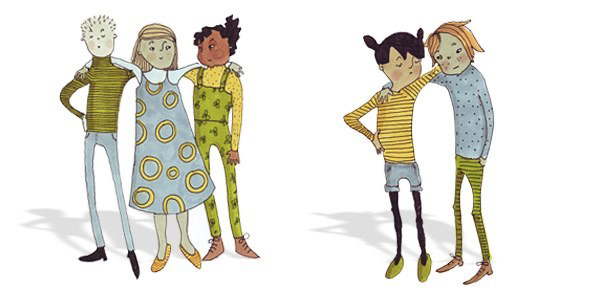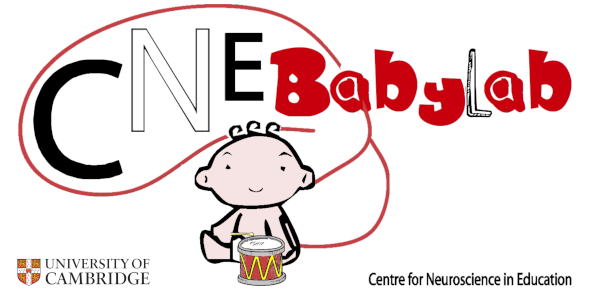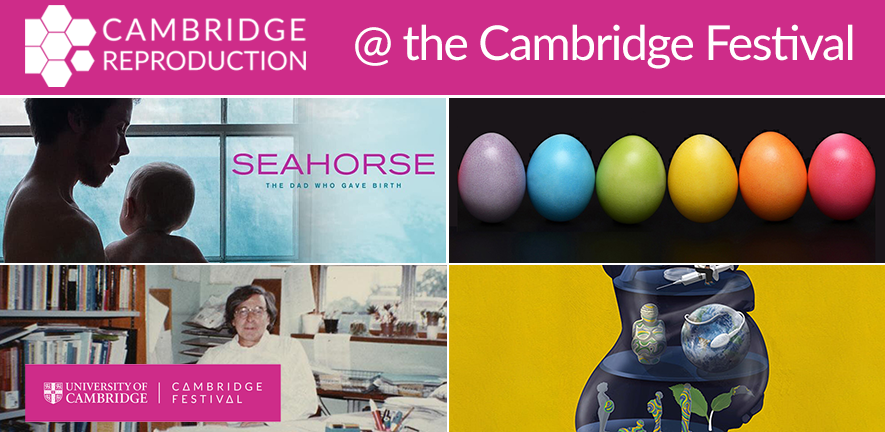
March 2021 will see the launch of the Cambridge Festival - a single festival for the University of Cambridge that replaces the existing Cambridge Science Festival and Cambridge Festival of Ideas. The Cambridge Festival will run from 26 March to 4 April 2021.
Cambridge Reproduction will be running a number of exciting events at this festival, to showcase some of the cutting-edge reproduction research that is happening in Cambridge. Scroll down to see other events at the Festival that might be of interest to our members, too.
Cambridge Reproduction events at the Cambridge Festival
Queer Conceptions: Seahorse screening
Friday 26 March 2021, 19.30-21:00
Seahorse (2019) charts one trans man’s pioneering quest to fulfil an age-old desire: to start his own family. It is an intimate, audacious and lyrical story for the cinema about conception, pregnancy, birth and what makes us who we are. This event is part of the Queer Conceptions project.
Ways of working: the archive of Professor Sir Robert Edwards (IVF pioneer)
Monday 29 March 2021, 14.00-17:00
This symposium focuses on ways of working with the newly opened archive of Bob Edwards, and ways of working evidenced in the archive. It will take the form of a series of conversations and presentations, and a talk by one of Bob Edwards’ daughters. This event is organised by Churchill Archives Centre.
Set up for life
Monday 29 March 2021, 18:30-19:45
How does the environment experienced in the womb programme us for diseases later in life – and even the health of our grandchildren? Hear three experts unpick how the lived experiences of our parents and grandparents affect us before we are born. Co-hosted with Horizons magazine.
Queer Conceptions: families in the 21st century
Tuesday 30 March 2021, 19:30-21:00
Same-sex adoption, trans pregnancies and advances in reproductive biology have made our understanding of ‘family’ more diverse and inclusive than ever. Join us to discuss what queer parenthood means for the 21st century. This event is part of the Queer Conceptions project.
Other reproduction-related events and activities at the Cambridge Festival
There are several other events and activities at the Festival that are related to reproduction, many involving members of Cambridge Reproduction:
Running throughout the whole Festival (26 March - 4 April 2021)
Pregnancy: a nine month phone callYour child can practise their colouring skills while they learn what the placenta looks like and how it connects the mum and the baby.
https://www.festival.cam.ac.uk/events/pregnancy-nine-month-phone-call
Learn about the key players in a healthy pregnancy (mum, baby and the placenta), bust some myths and test your knowledge through our interactive info-quizzes.
https://www.festival.cam.ac.uk/events/it-takes-three-tango-key-players-successful-pregnancy
Mind Over Chatter: the Cambridge University podcast
One of the planned episodes is about The Future of Reproduction and features conversation with researchers from Cambridge Reproduction SRI.
https://www.festival.cam.ac.uk/events/mind-over-chatter-cambridge-university-podcast
Cambridge Festival Book Club: The Immortal Life of Henrietta Lacks
Discover the incredible story of Henrietta Lacks, a woman whose cells enabled a scientific revolution and contributed to numerous incredible developments and life-saving treatments.
www.festival.cam.ac.uk/events/cambridge-festival-book-club-immortal-life-henrietta-lacks
26 March and 28 March
Talking CellsTalking Cells is a new project by the “Theatre of the Cell” initiative at the Wellcome Sanger Institute, using theatrical means to explore aspects of molecular and cell biology.
https://www.festival.cam.ac.uk/events/talking-cells
26 - 31 March
This series of talks and live events, featuring Cambridge academics and Jewish and Muslim cultural stakeholders from Morocco, will provide historic, linguistic, cultural and musicological context to the celebration of North African women's fertility through song.
https://www.festival.cam.ac.uk/events/music-women-and-birthing
27 and 31 March
A tour of the 'Nobel Prize Factory'
Join us for a look inside the labs of a world-class research institute, the MRC Laboratory of Molecular Biology, whose scientists have won 12 Nobel Prizes for important work that has helped us understand and tackle major problems in health and disease.
https://www.festival.cam.ac.uk/events/tour-nobel-prize-factory
27 March
In conversation with dads
Come along to a panel discussion hosted by the Centre for Family Research on fathering in different family contexts.
https://www.festival.cam.ac.uk/events/conversation-dads
All you need to know about your placenta
This event will help you understand how the amazing organ made by the baby, the placenta, and the mother’s uterus work together during pregnancy. Participants can compete for an inspired prize - but be careful only those who paid full attention can make it to victory!
https://www.festival.cam.ac.uk/events/all-you-need-know-about-your-placenta
29 March
Hear from Cambridge alumni who have gone on to work on both sides of the science-policy interface in this panel discussion between early-career policy makers and early-career researchers.
How organoids help us understand ourselves and treat diseases
What are organoids? Where do they come from? And how can organoids be used to help us understand and treat human diseases? Richard Westcott, BBC Science Correspondent, discusses these and other questions with an interdisciplinary panel from across the University.
https://www.festival.cam.ac.uk/events/how-organoids-help-us-understand-ourselves-and-treat-diseases
Safe sex for teenagers: a journey through historical and educational sources
Sex education materials and contraceptive information for young people remain a contentious topic in today’s society. The extent to which young people should be informed about various methods of contraception and safe sex practices has been the object of recurrent debates since the postwar period.
29 March - 1 April
Live from the lab
Join us each afternoon from Monday to Thursday for a virtual visit to laboratories at the Wellcome-MRC Institute of Metabolic Science in Cambridge.
https://www.festival.cam.ac.uk/events/live-lab
30 March
The role of genetics in cardiovascular health and disease
Researchers at the Cardiovascular Epidemiology Unit explain the impact genetic changes can have on the risk of cardiovascular disease and how scientific studies are being used to investigate this. A short Q&A panel discussion will follow the talk.
https://www.festival.cam.ac.uk/events/role-genetics-cardiovascular-health-and-disease
Should a natural trait that does not pose a medical problem, such as high testosterone, be considered a medical condition? Dr Camporesi will explore these and related questions about the law and ethics of regulating hormones in sport.
Skinny genes
Prof Sadaf Farooqi from the Wellcome-MRC Institute of Metabolic Science will discuss key research into the biology of appetite emerging from genetics and neuroscience and the relevance of these findings to understanding eating disorders and obesity.
https://www.festival.cam.ac.uk/events/skinny-genes
1 April
The Really Popular Book Club: The Immortal Life of Henrietta Lacks
Joining us to discuss the book and how Henrietta Lacks’ cells are still making an impact today are two scientists whose fields of research have been greatly influenced by Henrietta Lacks’ immortal cells: Professor Andrea Brand and Professor Nick Hopwood.
https://www.festival.cam.ac.uk/events/really-popular-book-club-immortal-life-henrietta-lacks
Developing regulations for biotechnology: is there a role for citizens?
During this session, a panel of experts will discuss past, current and future examples of participatory approaches to develop regulations for biotechnology, with a focus on the development of a governance framework for human genome editing.
https://www.festival.cam.ac.uk/events/developing-regulations-biotechnology-there-role-citizens
2 April
Engineering biology everywhere: A threat or the key to a sustainable future?
A panel of scientists, sociologists and policy makers will discuss and try to answer some of the most challenging questions about risks and advantages of democratizing tools to engineer biology.
3 April
Professor Susan Golombok, Director of the Centre for Family Research, in conversation with Alex Graham, creator of Who Do You Think You Are? about her new book, We Are Family: What Really Matters for Parents and Children
https://www.festival.cam.ac.uk/events/we-are-family
Baby's got rhythm!
Clapping, dancing, and singing along to music are so much fun that even babies like to get in on it! But how important is rhythm for babies’ learning and brain development?


